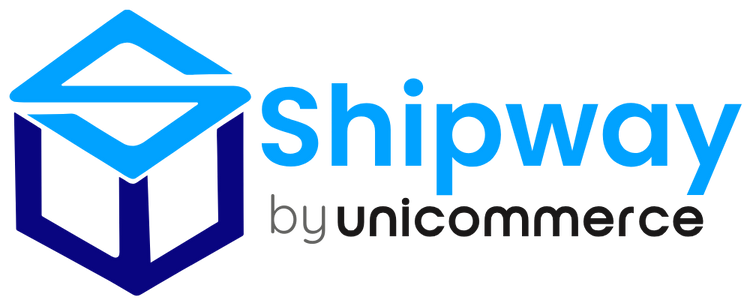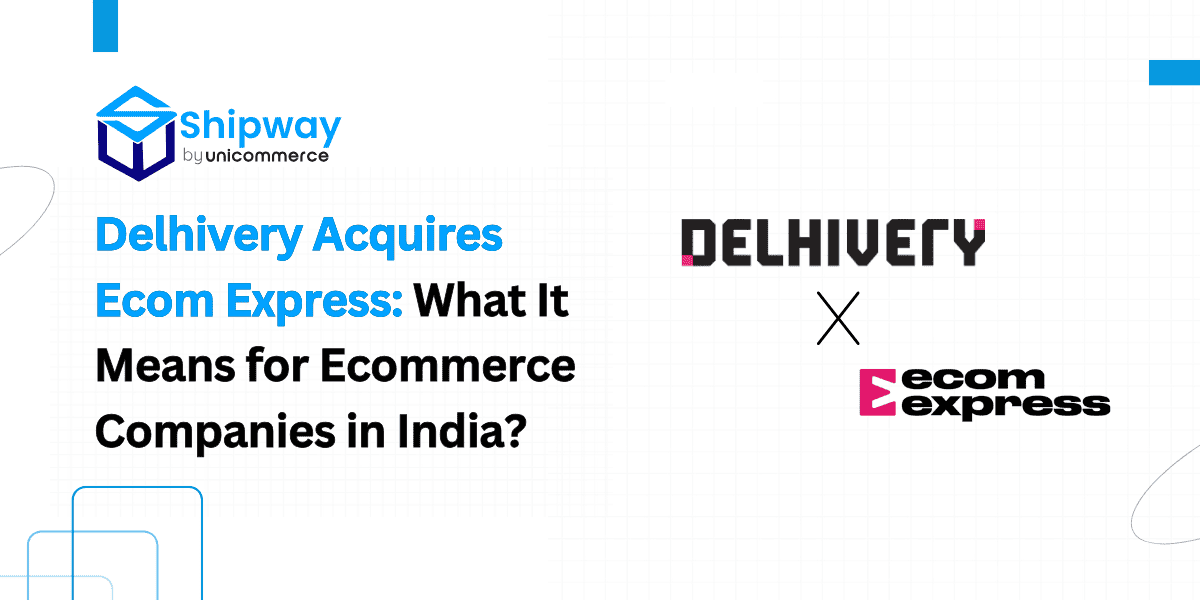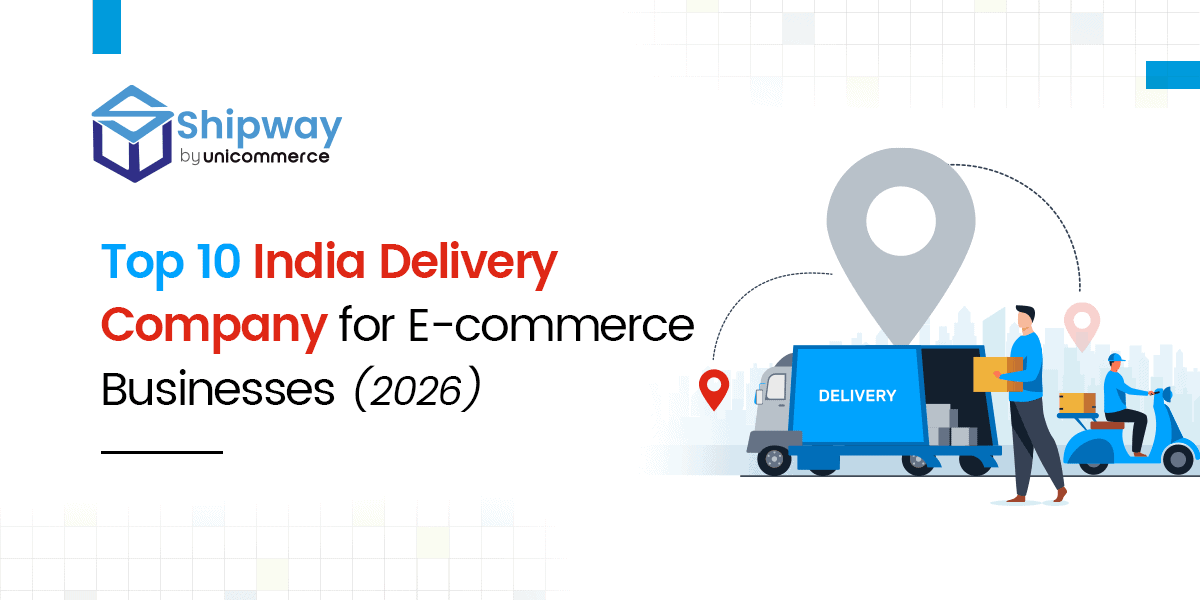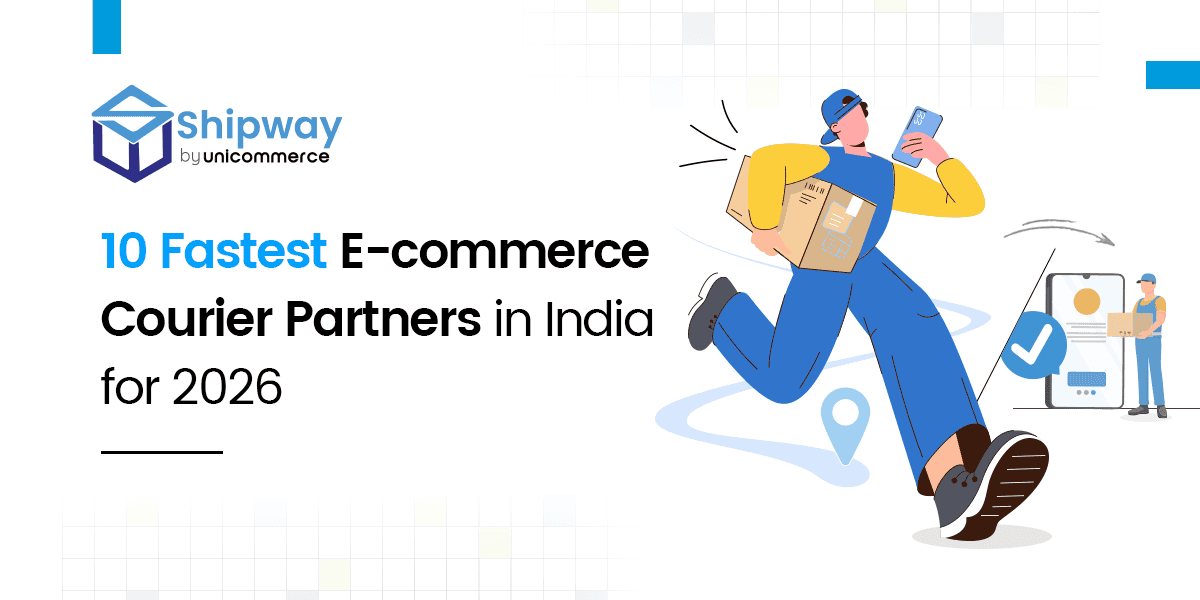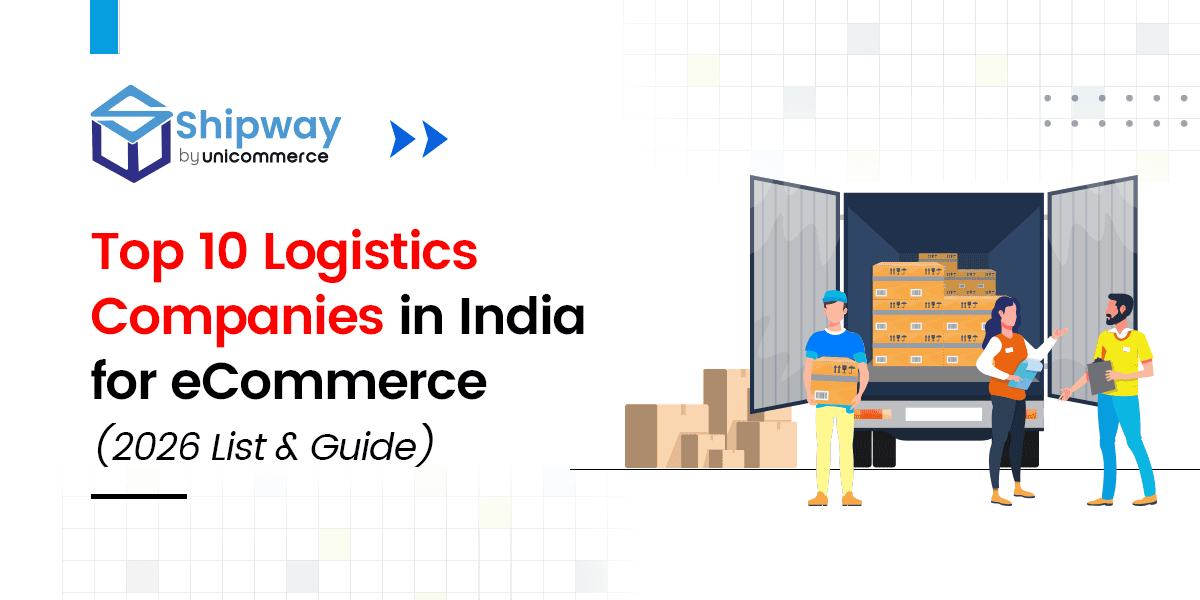TL;DR – What Should Ecommerce Brands Do After Ecom Express Acquisition?
1. Opportunity for Ecommerce Companies
-
Better reach across Bharat
-
Potential reduction in logistics costs
-
Access to more advanced tech and innovation
2. What Should the D2C & Ecommerce Ecosystem Watch Out For
-
Fewer major logistics players in the market
-
Possible hiccups during transition or integration
-
Pricing structure changes in the near future
3. Actionable Tips for Your Ecommerce
- Review your current shipping partner mix. Will the Delhivery + Ecom combo help you reach your growth markets?
- Keep an eye on rate cards and renegotiate if volumes go up.
- Plan for more automation in your fulfillment ops to integrate with Delhivery’s tech stack.
- If you use Ecom Express directly, stay in touch with your account manager for any changes in SLAs or terms.
India’s ecommerce logistics space just witnessed one of its biggest shakeups. On April 6, Delhivery, one of India’s largest logistics tech companies, announced its acquisition of a 99.4% stake in Ecom Express for a whopping ₹1,407 crore in an all-cash deal.
If you’re in the e-commerce and D2C ecosystem, this deal is definitely something to watch. But what does it really mean for your ecommerce business? Let’s break it down.
First, What’s the Deal?
1. Delhivery, known for its pan-India logistics network and technology-driven order fulfillment, has bought out Ecom Express, another major ecommerce delivery player, especially in tier 2 and 3 cities of India. Founded in 2012, Ecom Express has grown into one of India’s leading logistics providers. The company offers solutions focused on ecommerce logistics like first-mile pickup, operations, last-mile delivery, reverse logistics, and fulfillment services. Since its inception, Ecom Express has successfully delivered nearly 2 billion shipments, reaching an impressive 97% of Indian households.
2. The valuation for Ecom Express in this deal is ₹1,407 crore, which is a big drop from its earlier valuation of over ₹7,000 crore (as of mid-2024).
3. The acquisition gives Delhivery access to Ecom Express’s infrastructure, delivery network, and clientele.
But, Delhivery is already one of India’s largest domestic shipping partners that has successfully fulfilled over 3.4 billion shipments since inception and works with over 39K+ clients and ecommerce partners. So why would Delhivery do this? Why did Ecom Express agree? And what does this mean for the brands working with them?
Why Did This Acquisition Happen?
1. Ecom Express Was Struggling
Over the past year, Ecom Express has seen a massive dip in volume and revenue. Here’s why:
- Ecommerce marketplace and platforms like Meesho and Flipkart started building their own in-house logistics, cutting down dependence on third-party logistics providers.
- Cash burn and operational challenges made it hard for Ecom Express to sustain its scale.
- Investors, including CDC Group and Warburg Pincus, likely saw this as a good exit opportunity.
2. For Delhivery, It’s a Power Move
This acquisition deal helps Delhivery:
- Strengthen its position as India’s largest integrated logistics player.
- Expand its reach in rural and semi-urban India, where Ecom Express has built strong coverage.
- Consolidate volumes, improve capacity utilization, and bring down costs through synergies.
- Gain access to Ecom’s clients. This could mean less competition, more business and more revenue.
What Does It Mean for Ecommerce Brands?
If you’re in the ecommerce space – whether you’re a known D2C brand shipping 500+ orders a day in India or a Shopify store just starting out – this deal could change how your logistics stack functions. Here’s what it means, with some real-world context:
1. Better Network Coverage, Especially in Non-Metro Cities
Ecom Express had a strong foothold in tier 2, 3, and even tier 4 towns. Delhivery now gains access to that network, meaning faster order deliveries across India, especially in previously underserved areas. Good news for brands trying to scale beyond metros and reach Bharat.
If you’re a regional apparel brand and your target market is people in tier 2 and 3 cities like Indore, Surat, or Patna. But your current logistics partner struggles to deliver there on time.
With Delhivery getting access to Ecom Express’s deep rural network, you can expect:
- Faster delivery times in small towns
- Better first-attempt delivery rates
- Reduced return-to-origin (RTO) percentages
This makes it easier to scale profitably outside the metros.
2. Potential Cost Benefits Through Consolidation
As the two networks merge, there’s a good chance Delhivery will be able to optimize its routes, sort centers, and last-mile operations — and pass on some of those savings to ecommerce clients using the best ecommerce tool to streamline their logistics and order management.
For a well-established ecommerce brand, shipping thousands of prepaid orders daily could benefit from reduced cost-per-order if Delhivery optimizes line-haul and last-mile routes post-acquisition.
Let’s say you were paying ₹80- ₹90 per shipment earlier. With network consolidation:
- Higher volume routes get cheaper leading to lower per-shipment costs
- Fewer relay points mean less breakage or damage and more predictable delivery timelines
- You could negotiate better volume discounts by sticking to one major shipping partner
But, for smaller ecommerce brands with order volumes less than 200 – 300 orders a day, this could be the difference between a profitable and unprofitable unit.
3. Less Competition, Fewer Options?
On the flip side, this is one less major logistics partner in the market. If you were using both Delhivery and Ecom to diversify risk or price-shop, that flexibility might shrink.
Brands that often work with multiple courier partners or a shipping aggregator like Shipway for risk mitigation, may feel the pinch.
Why?
- If both Ecom and Delhivery were on your panel, now they’re essentially the ones reducing your options.
- Courier recommendation engines may also change, shifting load automatically toward Delhivery if pricing or service levels update.
However, Delhivery claims both companies will continue operating as separate brands in the short term. So no immediate changes, but this is something to plan for in future.
4. More Innovation & Tech in the Pipeline
Delhivery has always been tech-first, with automation, AI-driven route planning, and EV fleets already in play. Now, with added scale, ecommerce companies—especially those working with a reliable ecommerce development company —can expect improved delivery speed, smarter logistics, and greater operational efficiency.
- Faster tech rollouts (like NDR optimization, and predictive ETAs)
- Potential integrations with ecommerce platforms like Shopify, WooCommerce
- Smarter return and COD workflows
If logistics is a bottleneck for your ops team, these innovations could seriously improve the fulfillment process and post-purchase experience. And if you’re using a logistics platform like Shipway or you’ve built a custom shipping integration for Shopify or WooCommerce, you can expect improvements like:
- Better real-time tracking with branded tracking pages
- More accurate NDR follow-ups to reduce failed deliveries
- Optimized return management for try-and-buy or COD-heavy categories like fashion and electronics
For footwear or kids wear brands like ONYC, which rely heavily on fast reverse logistics for exchanges, could benefit from a more tech-integrated post-purchase experience. Especially if Delhivery invests further in automation and machine learning post-acquisition.
Final Thoughts
This Delhivery & Ecom Express acquisition deal is a sign of consolidation in India’s ecommerce logistics space. As ecommerce matures, scale and efficiency will matter more than ever.
For ecommerce brands, this deal could be a boon – if leveraged smartly. Expect faster deliveries, better tech, and possibly better shipping rates. But be prepared to adapt as the two biggest logistic companies in India integrate.
You may also like…
Top 10 India Delivery Company for E-commerce Businesses (2026)
Choosing the right India delivery company is crucial for eCommerce businesses looking to provide fast, reliable, and cost-effective shipping. The...
read more10 Fastest eCommerce Courier Partners in India for 2026
Finding a fast delivery service in India has become essential for every growing eCommerce brand. With customer expectations rising rapidly, online...
read moreTop 10 Logistics Companies in India for eCommerce (2026 List & Guide)
Introduction: Why Logistics Matters for India’s Growing eCommerce Sector The Indian eCommerce sector has witnessed tremendous growth, projected to...
read more